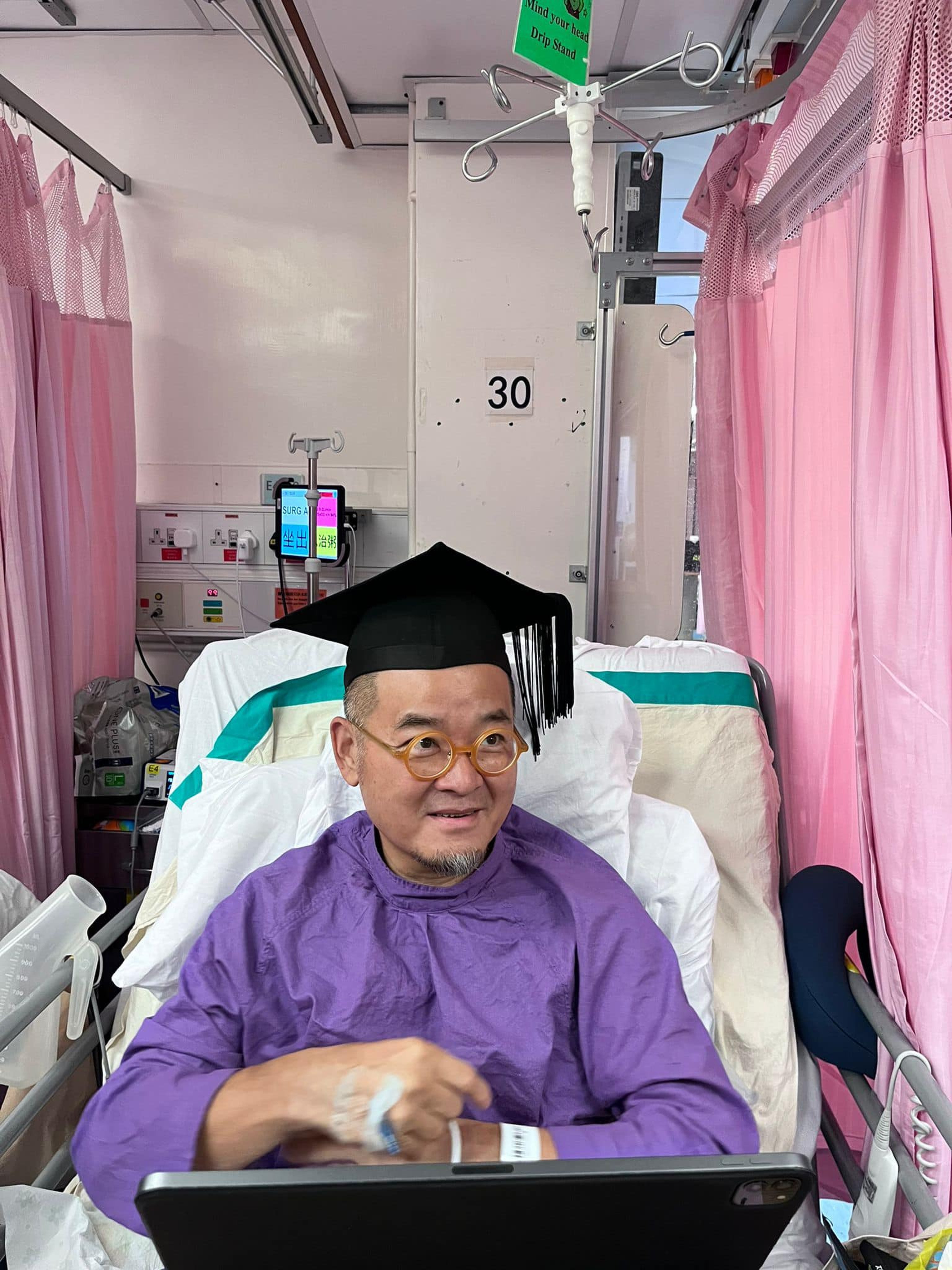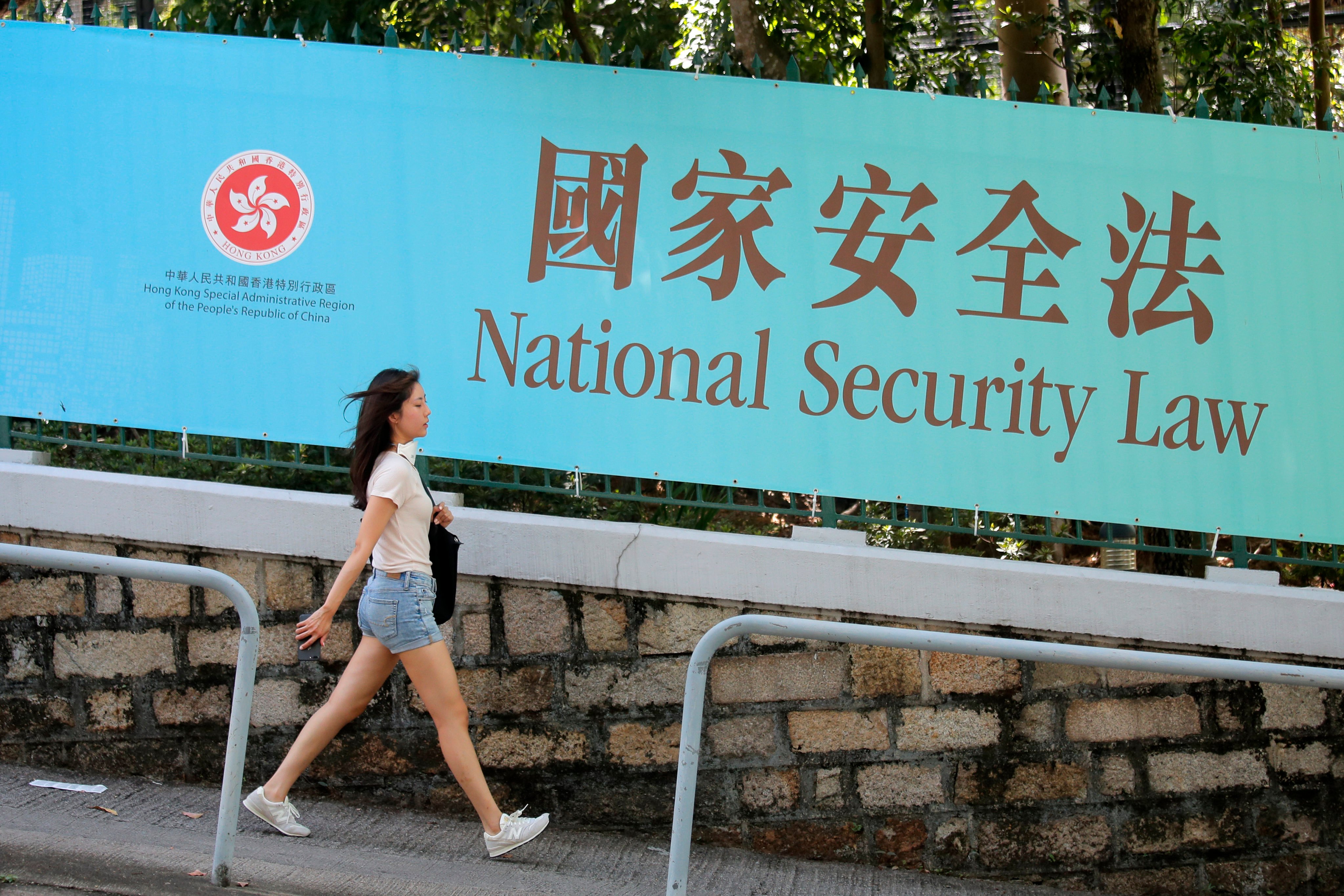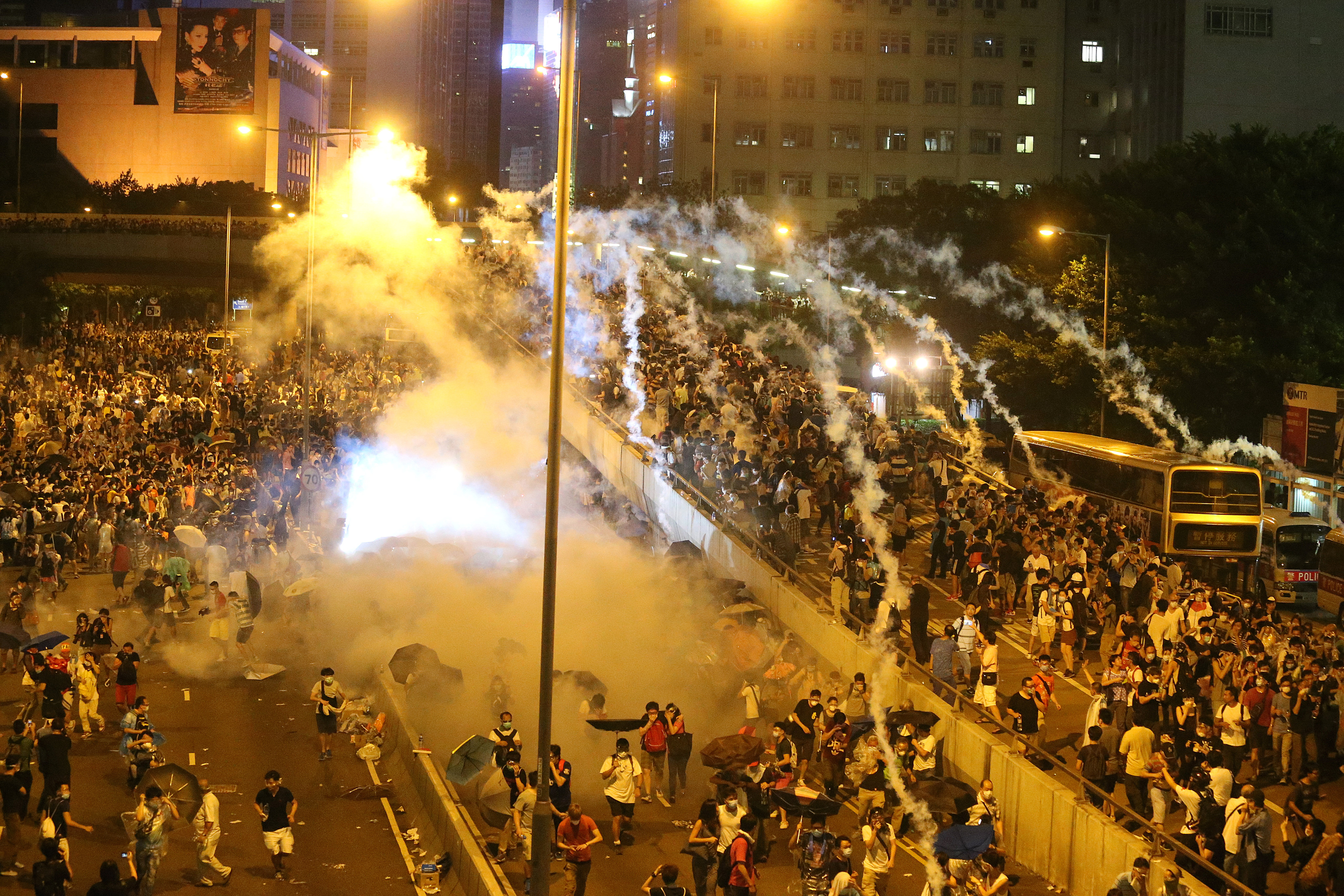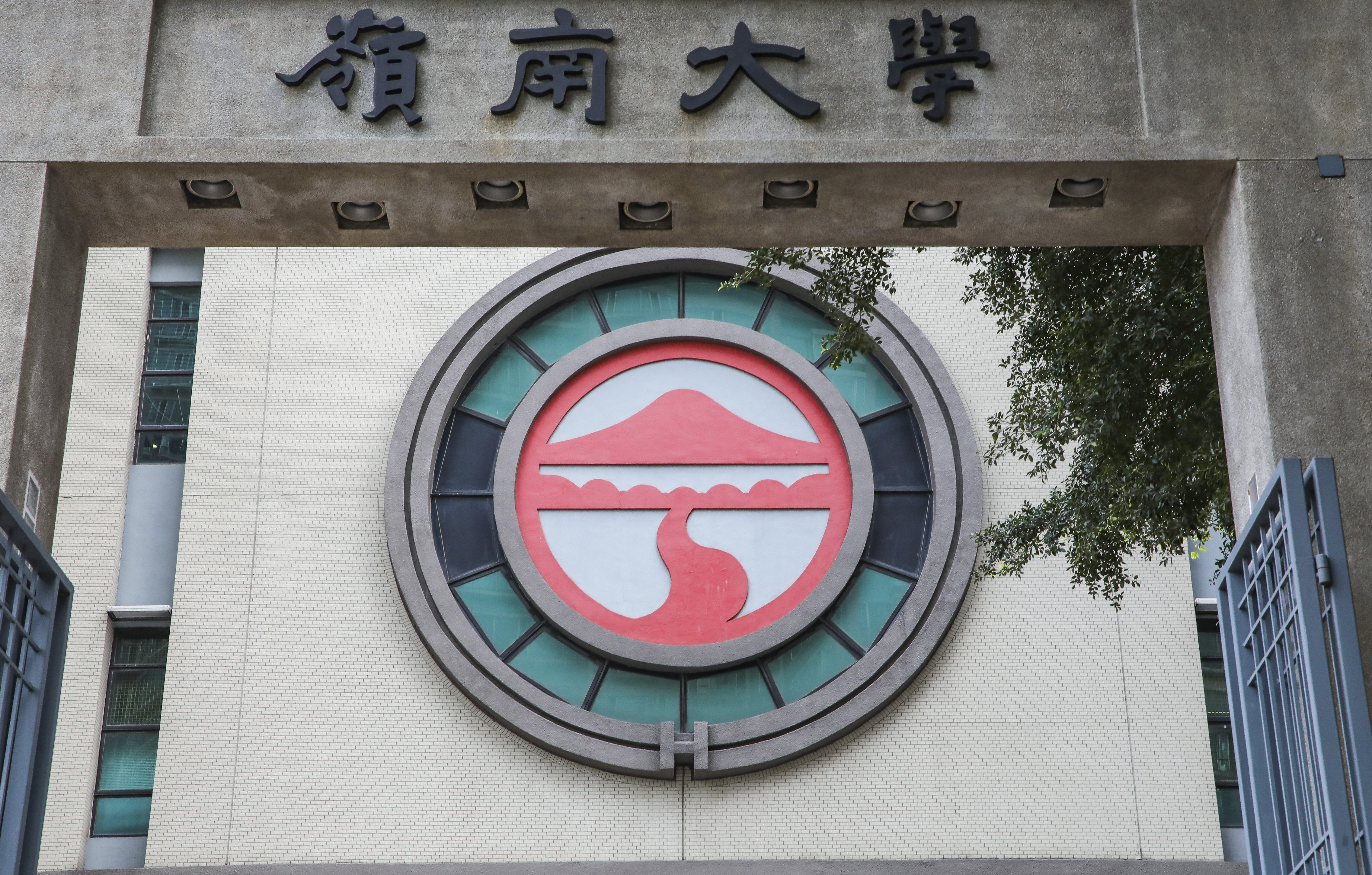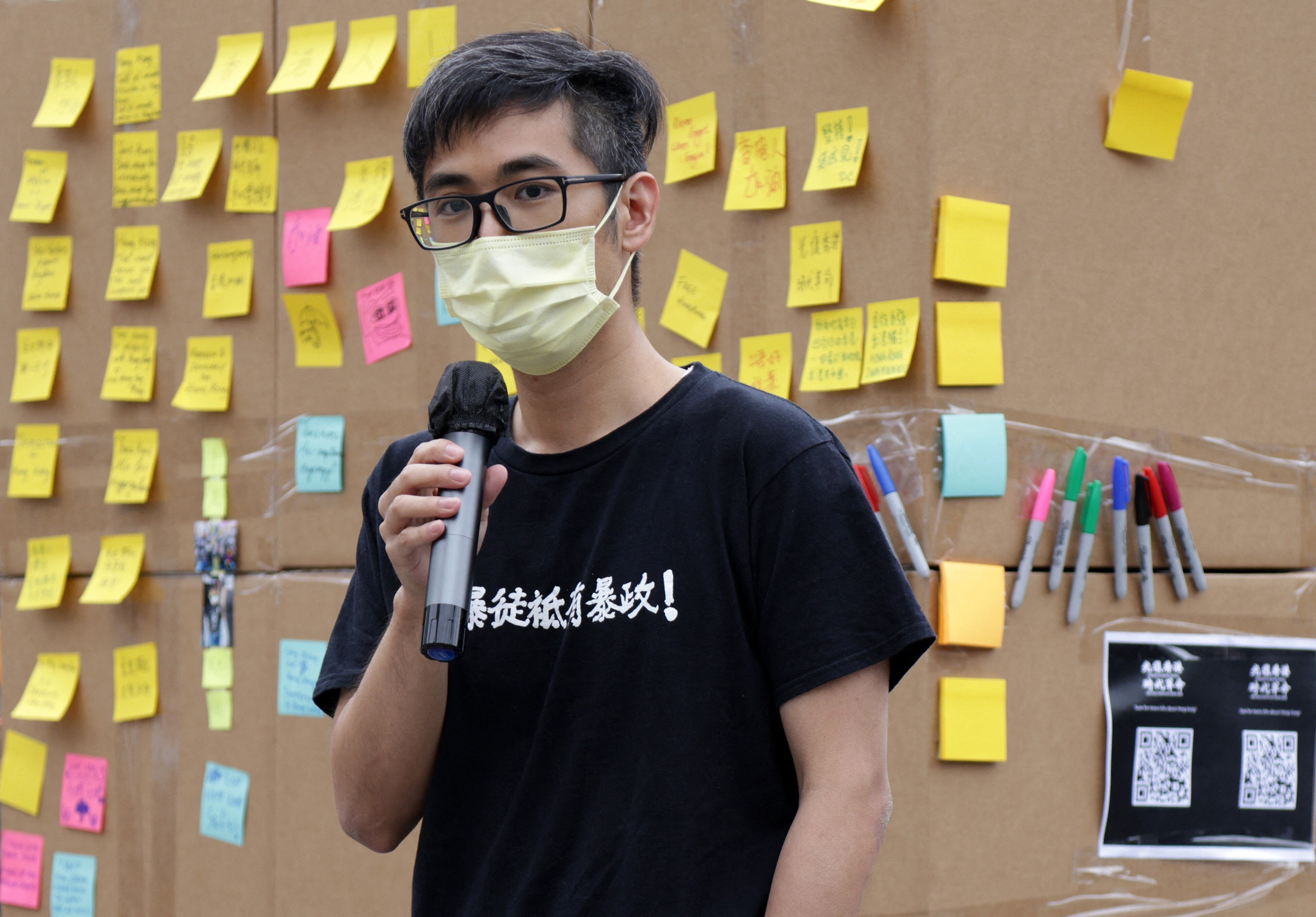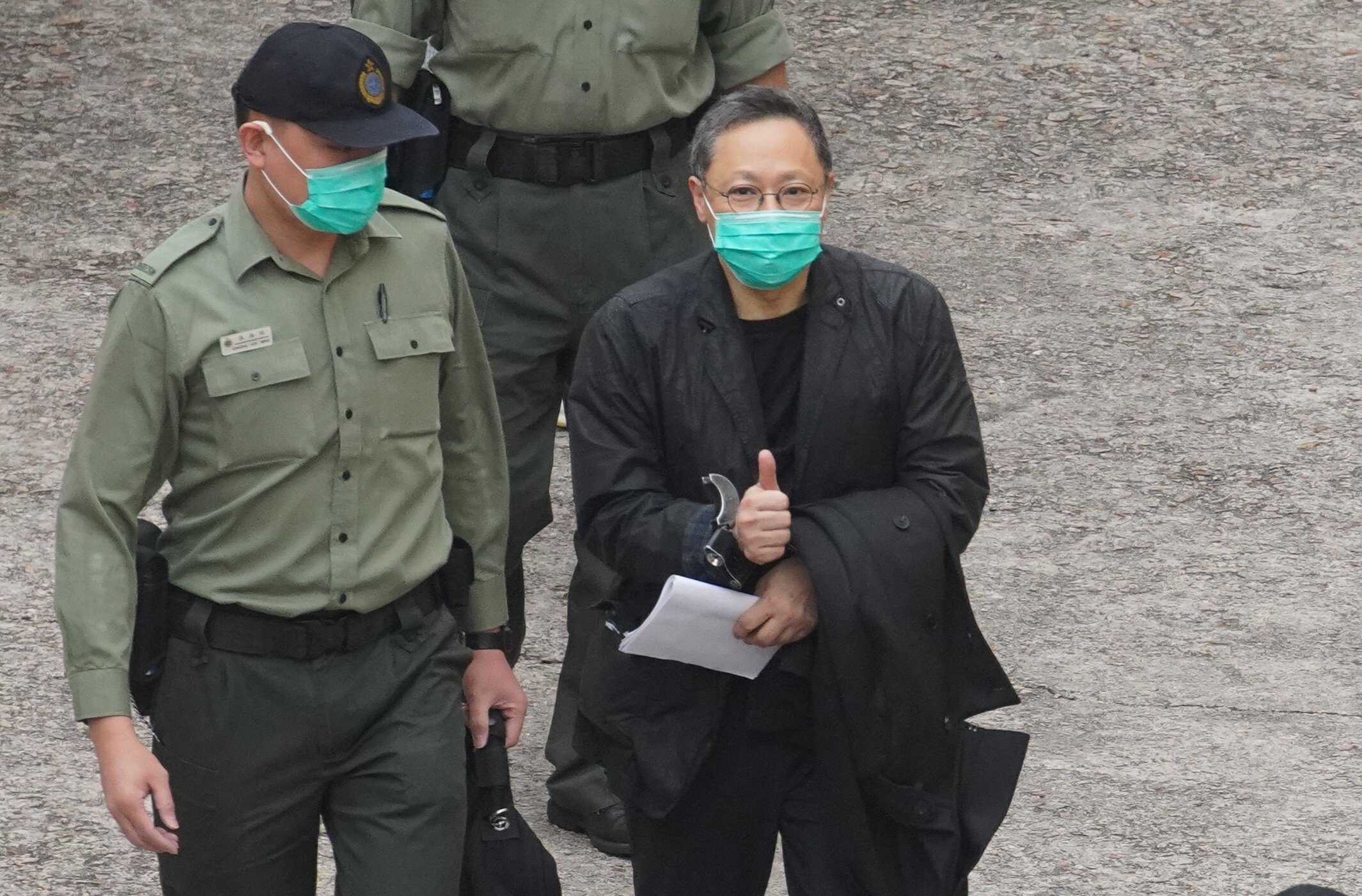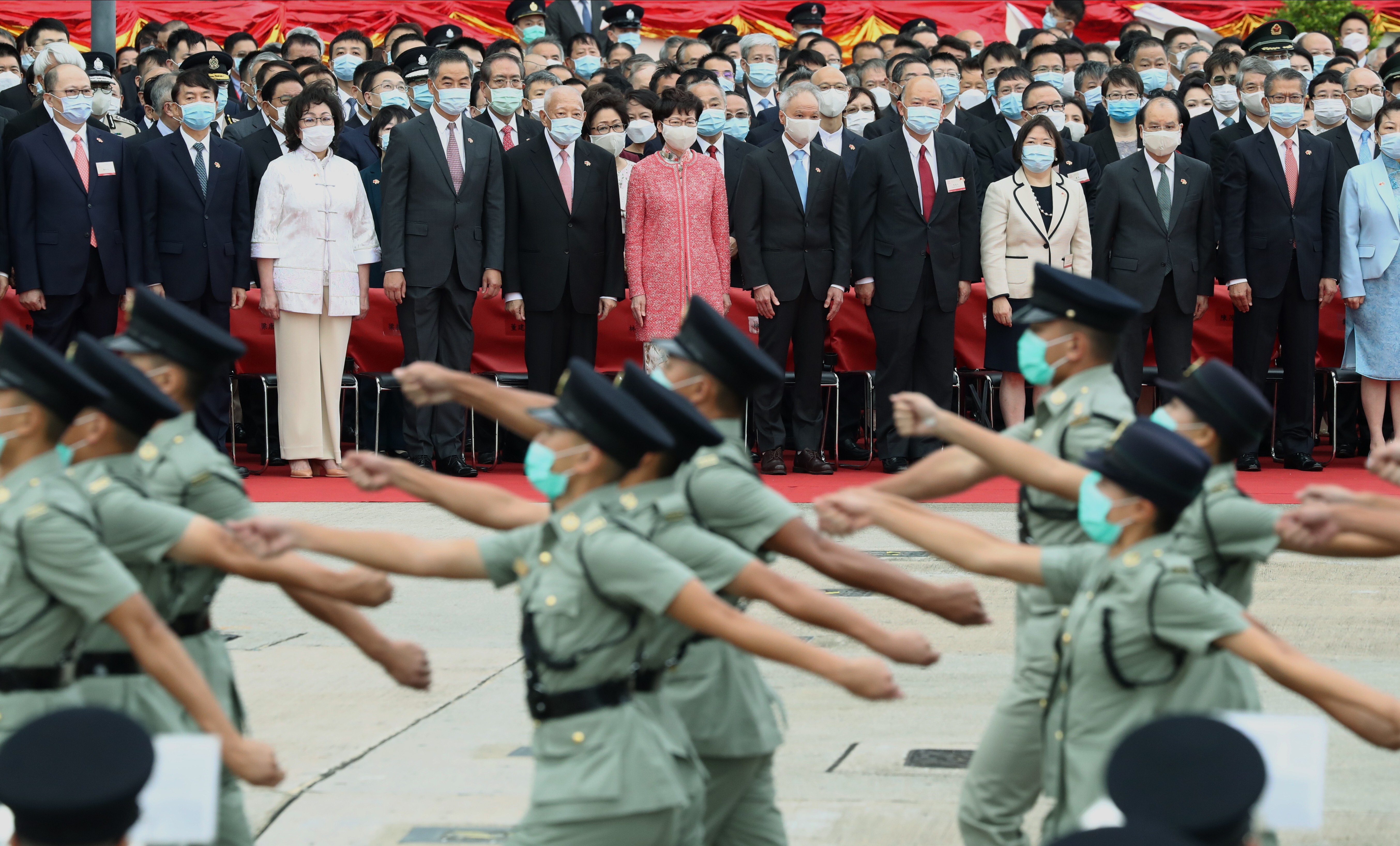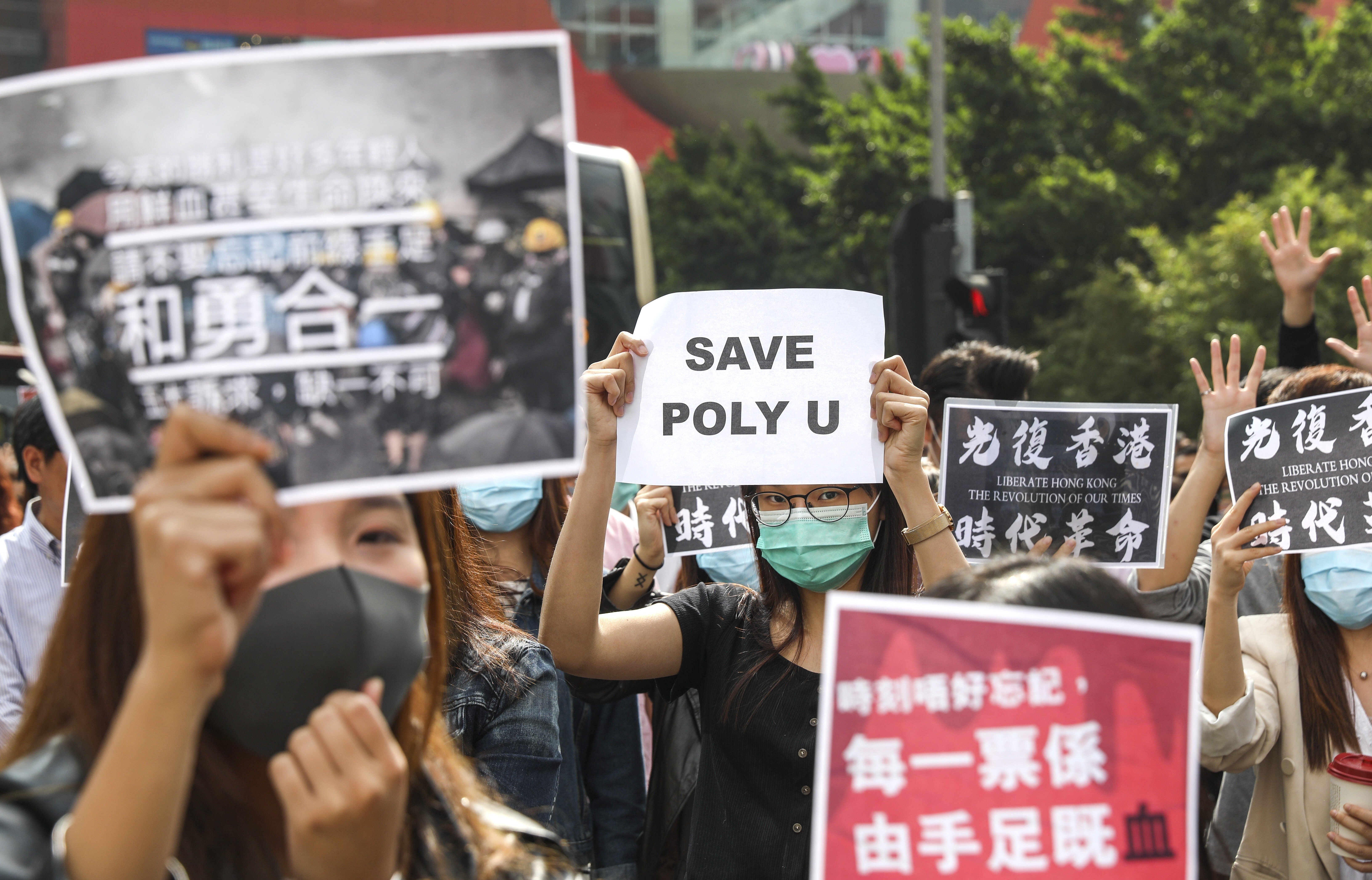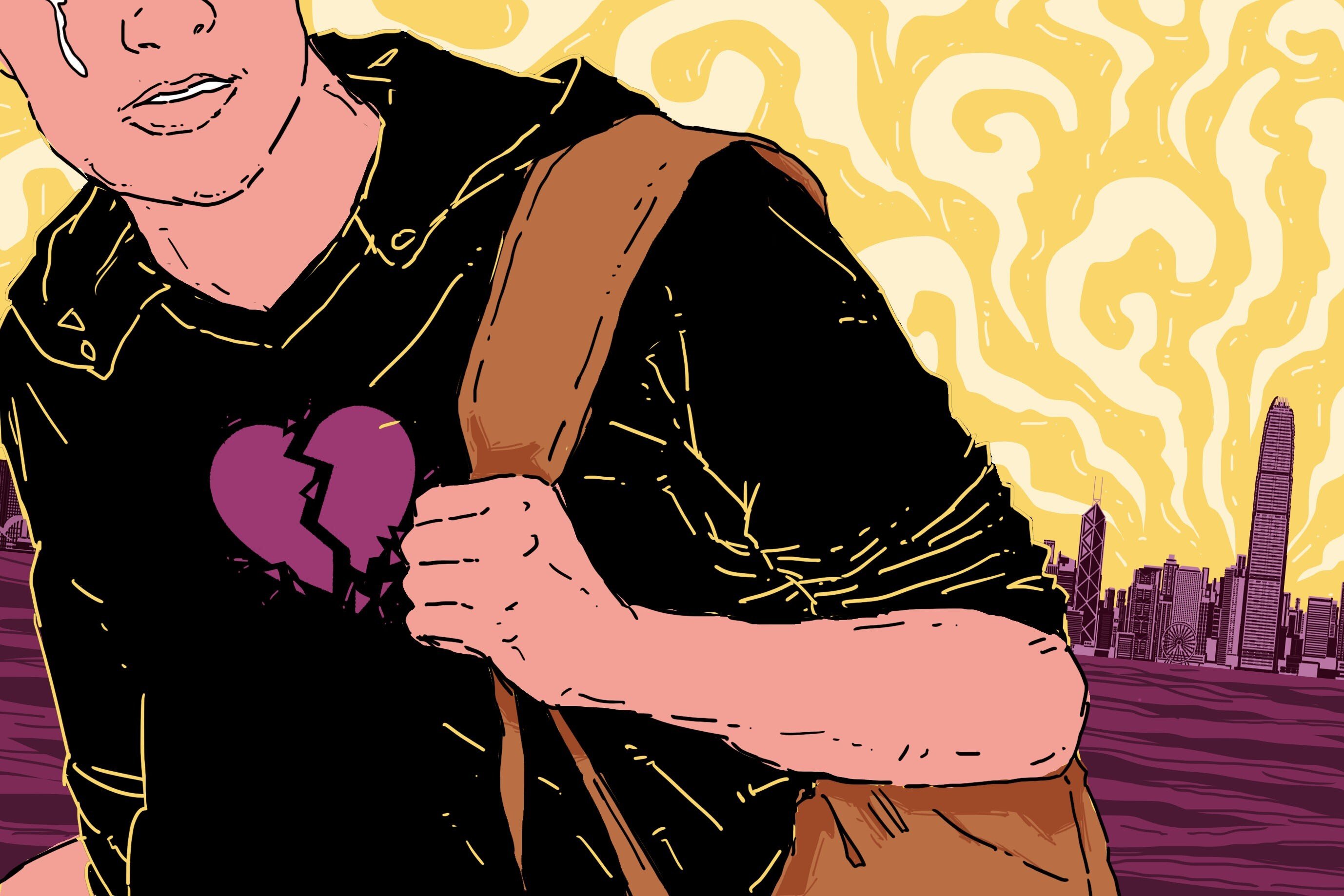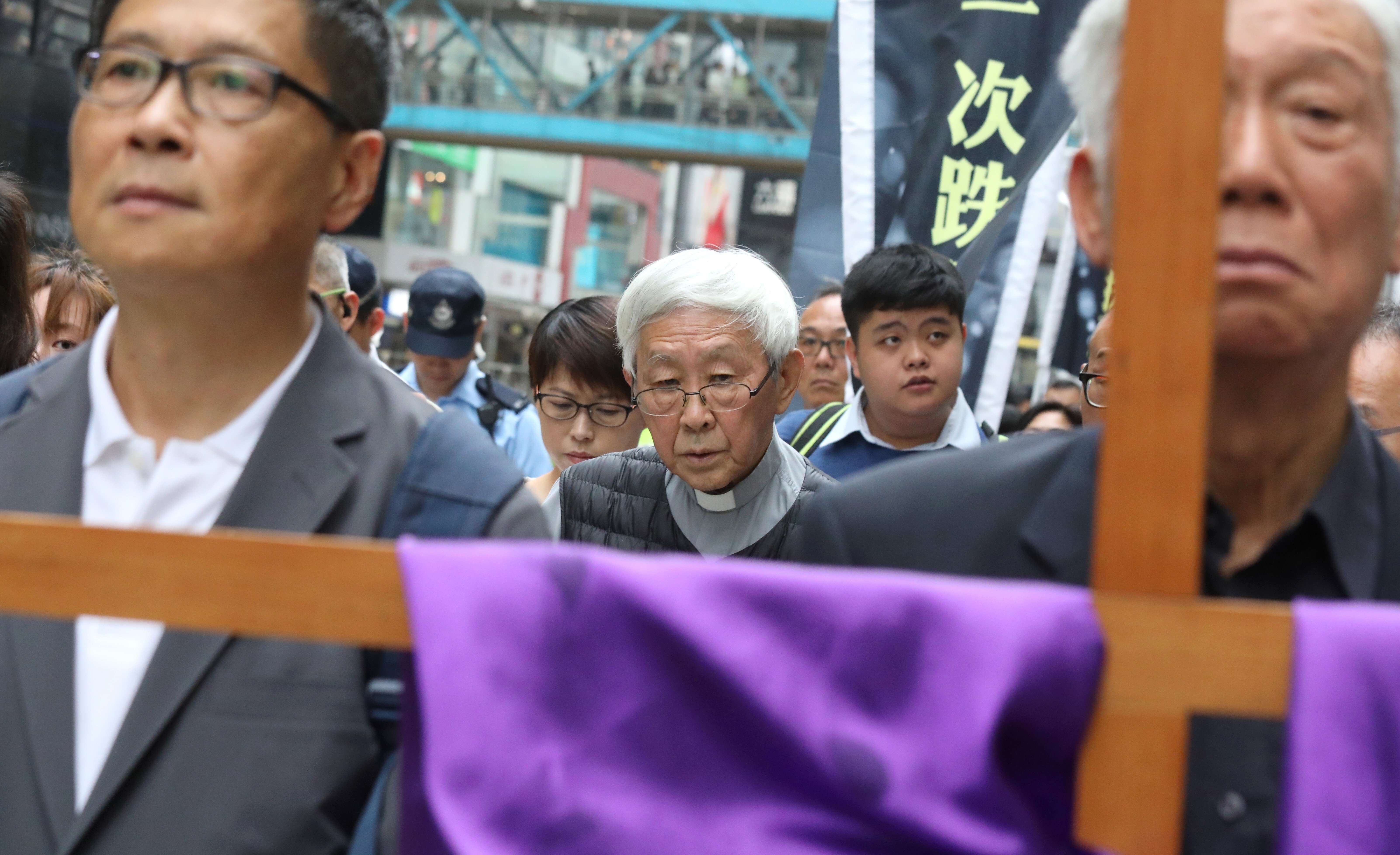Advertisement
Advertisement
TOPIC
Occupy Central
Related Topics:
Occupy Central
Occupy Central -- also known as the Occupy movement and the "umbrella movement" -- was a large-scale show of civil disobedience that began in Hong Kong on September 28, 2014. It called on protesters to block roads and paralyse the city's financial district if the Beijing and local governments did not agree to implement universal suffrage for the 2017 chief executive election and the 2020 Legislative Council elections according to "international standards". The movement was the brainchild of Benny Tai Yiu-ting, an associate professor of law at the University of Hong Kong.
Advertisement
Advertisement
Advertisement
Opinion | Hong Kong election reform: Beijing demands loyalty because trust is lacking
Hong Kong’s pursuit of democracy has ended up in this sorry state because the opposition failed to build trust with Beijing. Only when loyalty is not in dispute can Hong Kong create a space for democratic experiments.
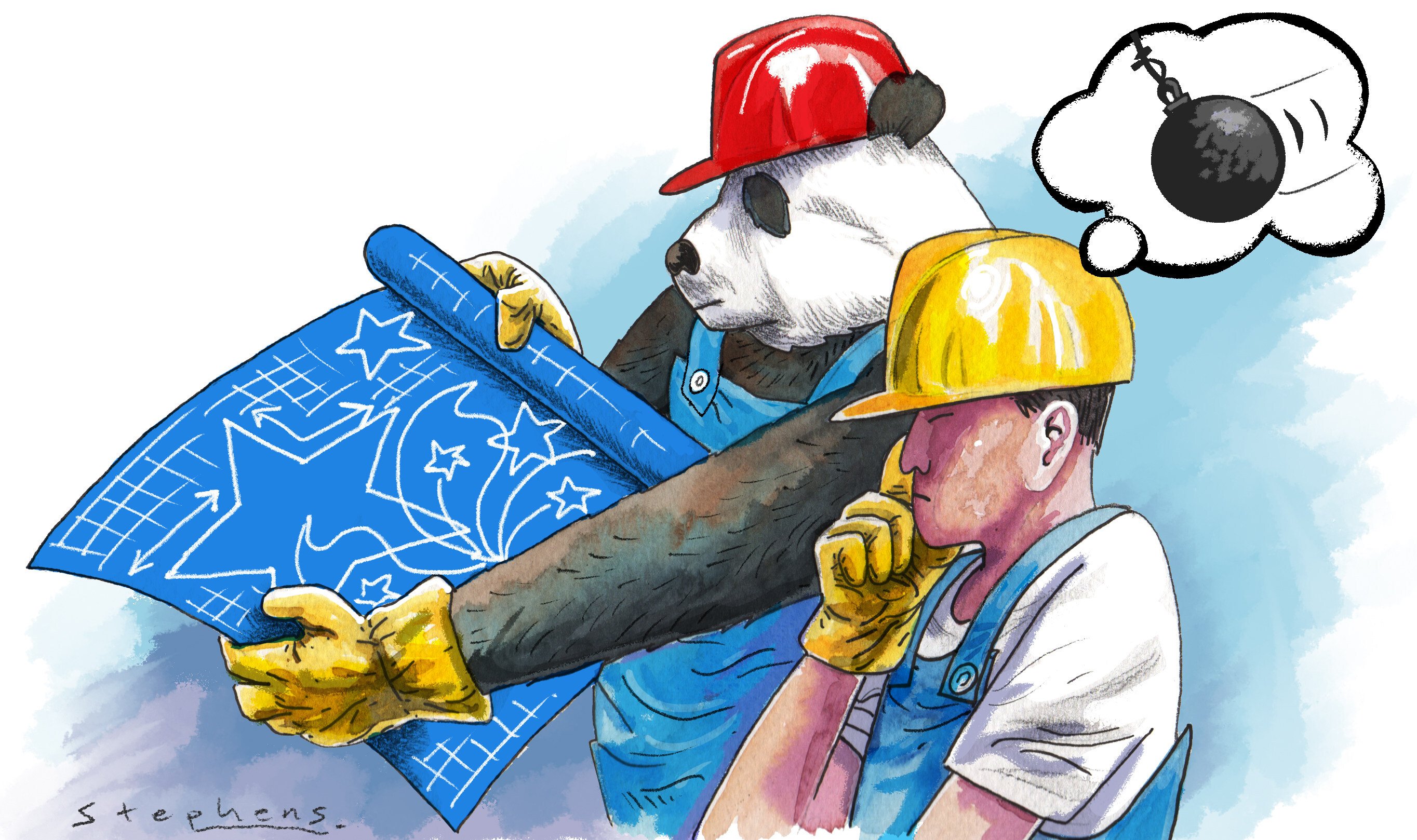
Advertisement
Advertisement
Advertisement
Opinion | Again, political reform is left out of Carrie Lam’s policy address
The plans announced on housing and boosting financial services and tourism are welcome, but the address has several serious omissions. A major missed opportunity was one that has haunted Hong Kong – the lack of a plan to move the city towards the promised goal of universal suffrage.
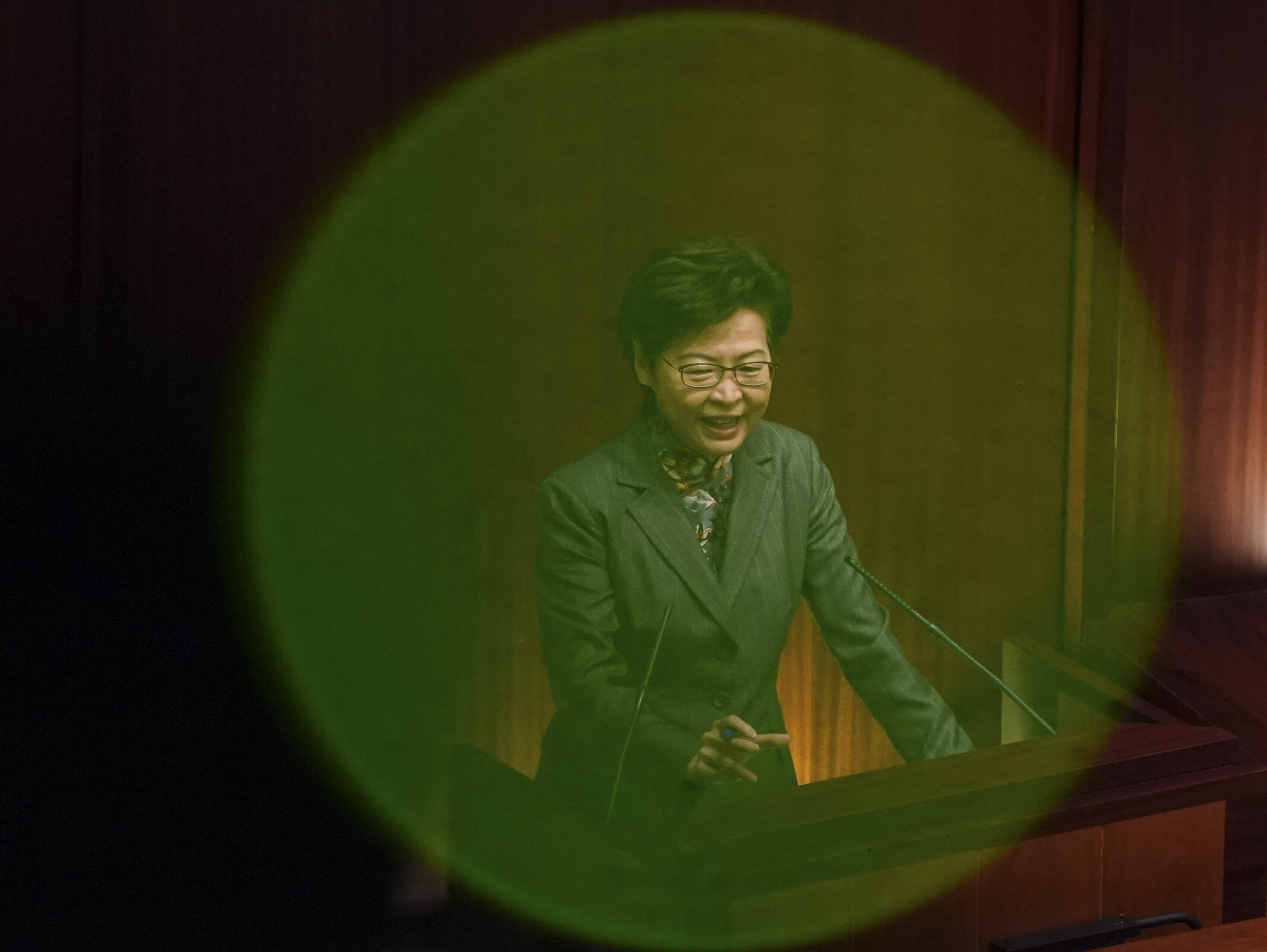
Advertisement
Advertisement
Advertisement
Help preserve 120 years of quality journalism.
SUPPORT NOWAdvertisement
Advertisement
Advertisement
Advertisement
Advertisement
Advertisement
Advertisement
Advertisement
Advertisement
Advertisement
Advertisement
Advertisement
